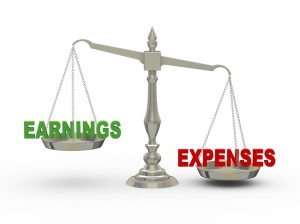A couple from Westland, Michigan called my office Monday afternoon asking if we can help them save their home. They are delayed in their mortgage payments for 3 months and their house is in foreclosure. They have kids, they love their house, and they don’t want to move anywhere else. They have low credit, in foreclosure and have high debt ratio so banks turned them down. Knowing the urgency of the couple’s situation, I started asking them questions about their financial situation, what affected their credit, how much mortgages they owe, liens, collections, judgments, etc. At the end of our phone call conversation, I told the borrower that we can get them a loan through hard money investors. The borrower was surprised to hear that they finally can get a loan and avoid losing their home. Applying for a loan through regular banks is subject to limited loan to value, debt ratio, income documentation and credit rating guidelines. For homeowners or borrowers who have low credit rating, in notice of default, foreclosure or bankruptcy, they will immediately get declined by banks. Does it mean that they cannot get a loan and lose their home? Absolutely NO!
Hard money or private money loan is the solution for low credit borrowers and who are in financial distress such as notice of default, foreclosure, bankruptcy, credit delinquency, judgments, collections, tax liens, etc. Hard money is equity based, non-fico based lending. As long as the borrower has equity left in the house after the deductions of all mortgages owed, liens, charge offs and collections, interest payment delays, and prepayment penalty. Hard money represents hard-earned money of individual investors, groups, corporations, insurance companies, and hedge fund managers who are able to offer financing based on equity or collateral from the borrower.

Continue reading →


